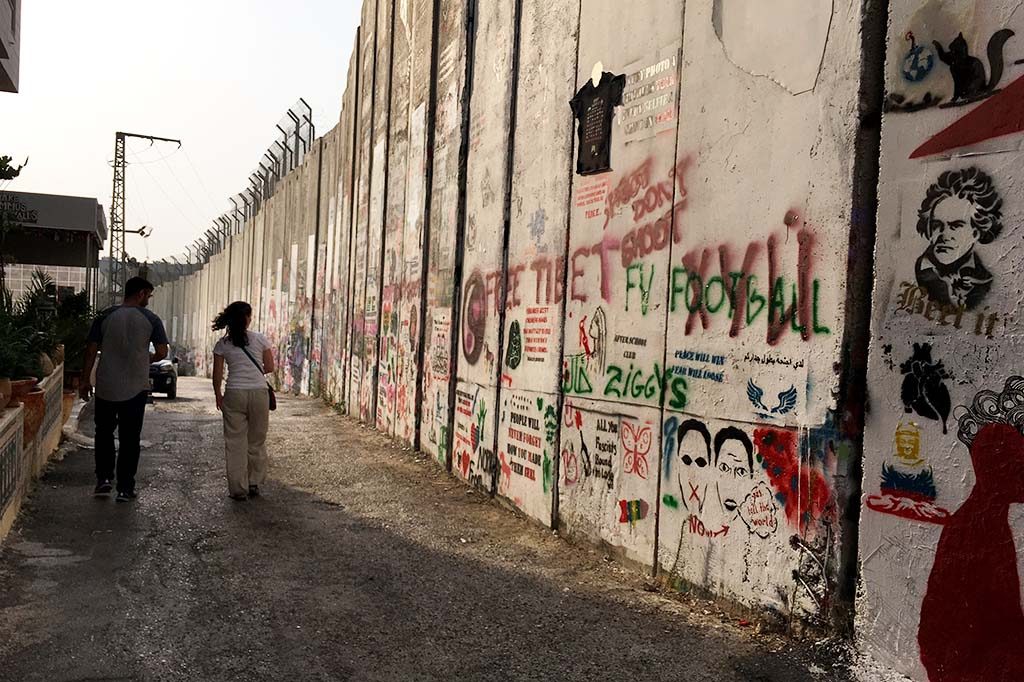1. Manus Island: refugees at Australian detention camp protest eviction
The 606 refugees stranded on Manus Island are facing a Sophie’s choice: stay at their detention center and face starvation, or move to a new facility and risk being assaulted. Since Australia started detaining refugees on this Papua New Guinean island four years ago, detainees have protested their poor living conditions.
This week the Australian government heeded their call to shut down the detention center, but it left the refugees without food, water or security. It also has not finished constructing new facilities for them, but the refugees say that they fear violence from locals in those parts and that they want to be relocated outside of Australia.
2. Palestinians mark the Balfour Declaration’s 100th anniversary with an “apology tea party”
Inches away from the Israeli separation barrier in Bethlehem, a group of Palestinian children sipped tea and threw confetti while a person dressed up as Queen Elizabeth unveiled a new message on the wall: “Er… SORRY.” On the eve of the 100th anniversary of Balfour’s Declaration, street artist Banksy threw this party to bring attention to Palestinians’ demand that Britain apologize for making a promise that has led to their “dispossession and suffering”.
3. Brazil’s young indigenous rappers strengthen the fight for land rights
Across Brazil, a group of young indigenous rappers are spitting unapologetically about their rights. Recent public debates over the demarcation of indigenous lands have raised concerns among indigenous communities about the possibility of losing their lands and resources to the private sector, including mining companies. With their lyrics, the rappers seek to raise awareness about indigenous land rights issues within their own communities and beyond.

